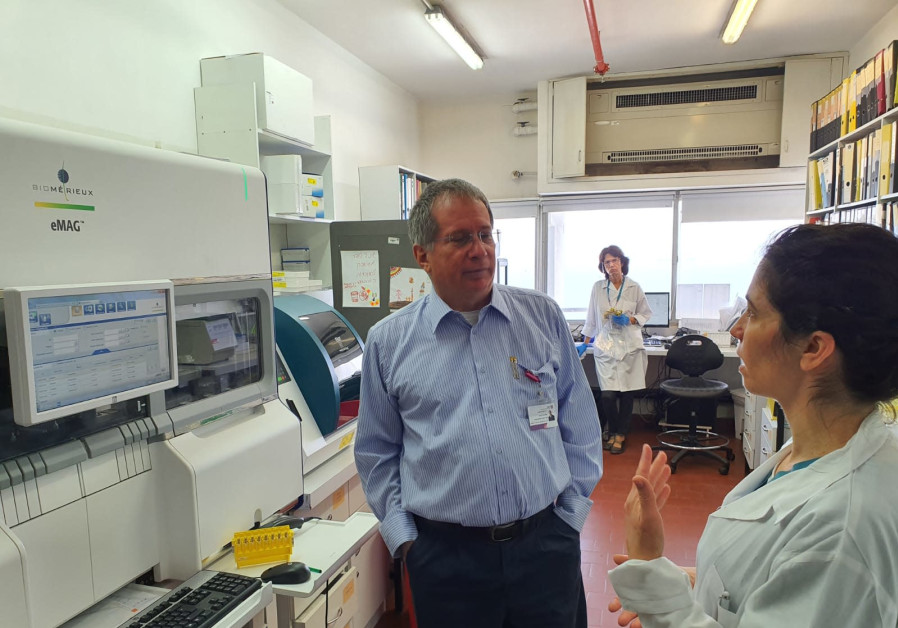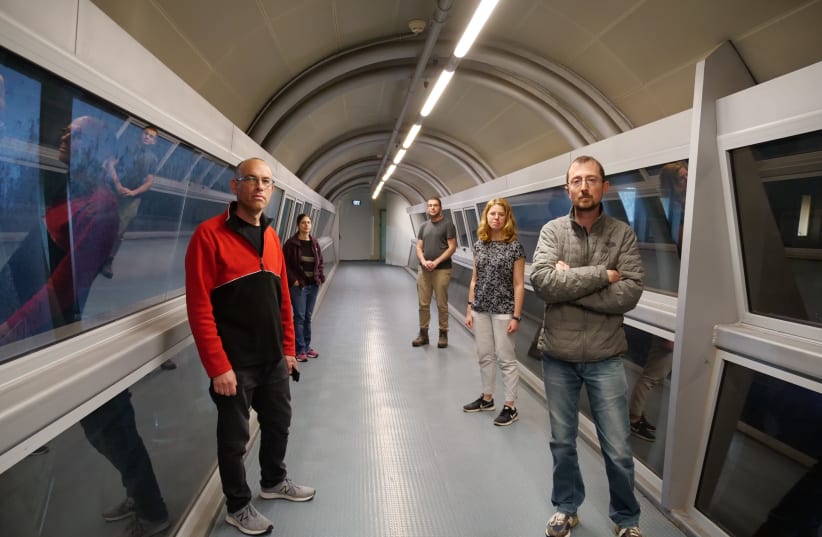The current testing method in Israel, and most of the rest of the world, has been to only focus on people with specific symptoms. This new testing method is not only able to allow testing of people with no symptoms, but allows for dozens of tests to be carried out at once, ultimately accelerating efforts in curbing the virus.
"This experiment conducted by Technion and Rambam researchers is complex, and under normal circumstances would take months," according to Technion's president Prof. Uri Sivan. "This is a remarkable example of the mobilization of an outstanding team in a time of crisis. The initial experiment was completed in less than four days."
The current rate of testing in Israel, done by the common PCR method (polymerase chain reaction), is only about 1,200 a day. And each one must be examined individually, which takes several hours, causing bottlenecks in testing and slowing efforts to curb the virus. The Rambam Clinical Microbiology Laboratory is only able to test 200 COVID-19 samples a day.
Now molecular testing for the virus, using the new pooling method, can be done by combining samples taken from 32 or 64 patients, enabling simultaneous testing of dozens of samples. In rare cases where a positive case is found in a joint sample, only then will each of the specific samples be tested individually.

"Even when we conducted a joint examination of 64 samples in which only one was a positive carrier, the system identified that there was a positive sample," said Professor Roy Kishony, head of the research group in the Faculty of Biology at Technion.
"This is not a breakthrough, but a demonstration of the effectivity of using the existing method and even the existing equipment to significantly increase the volume of samples tested per day," said Prof. Roy Kishony, head of the research group in the Technion's Faculty of Biology.
